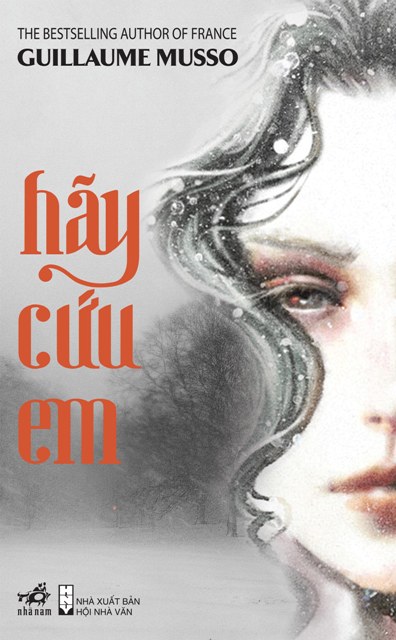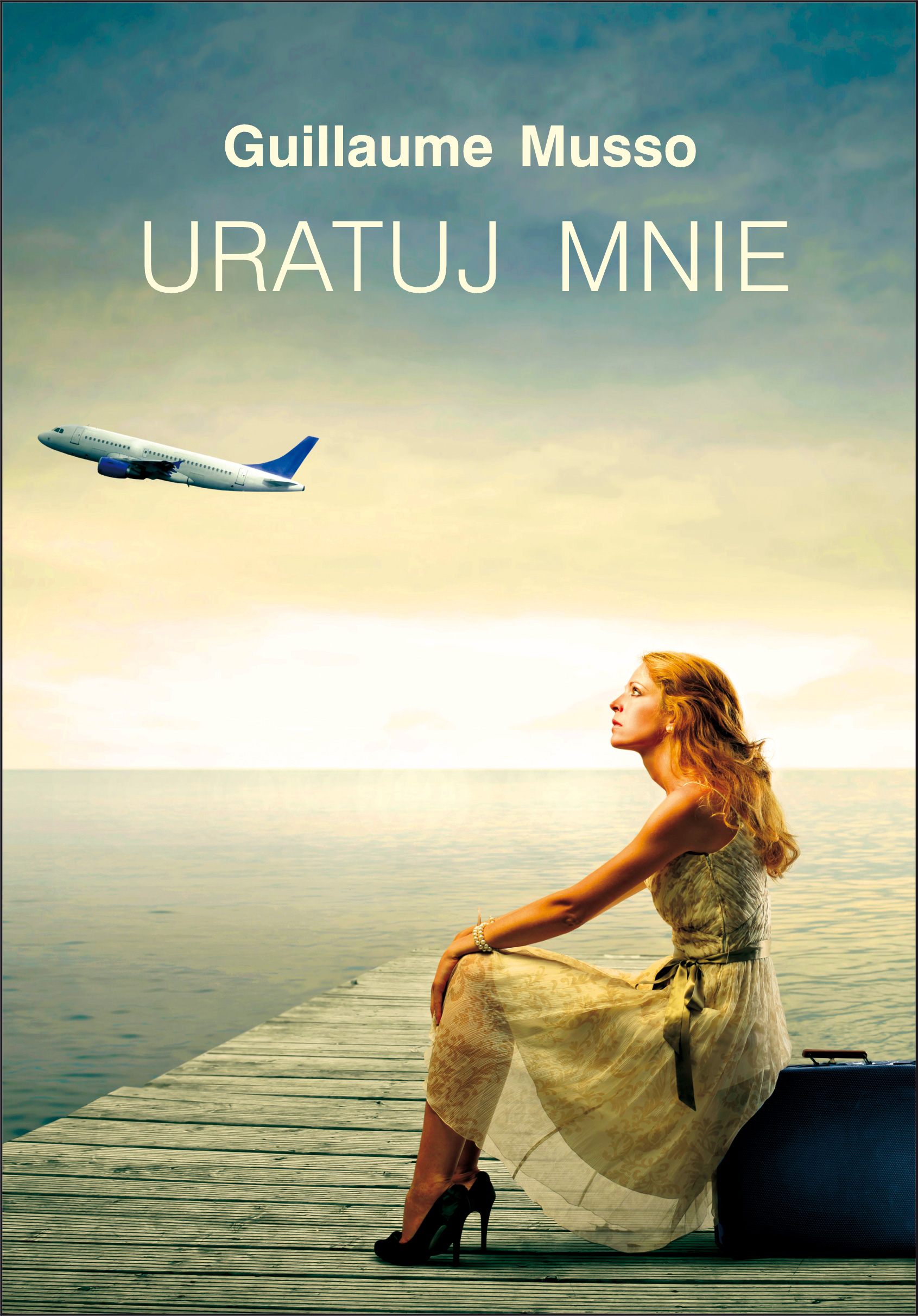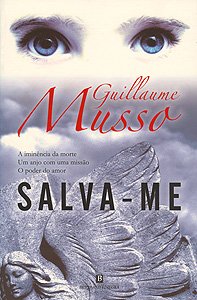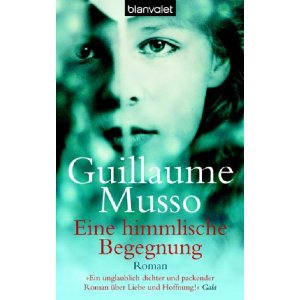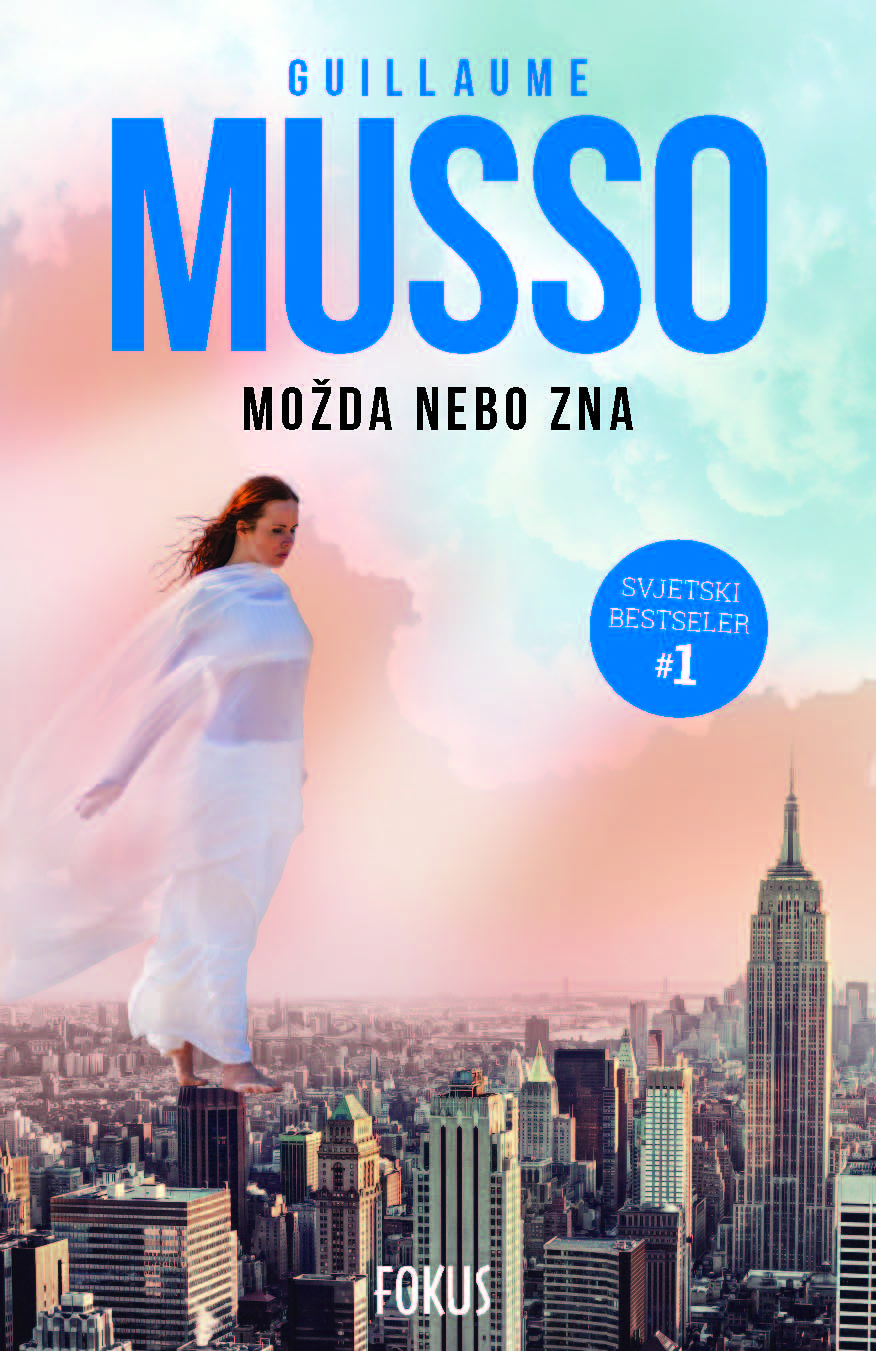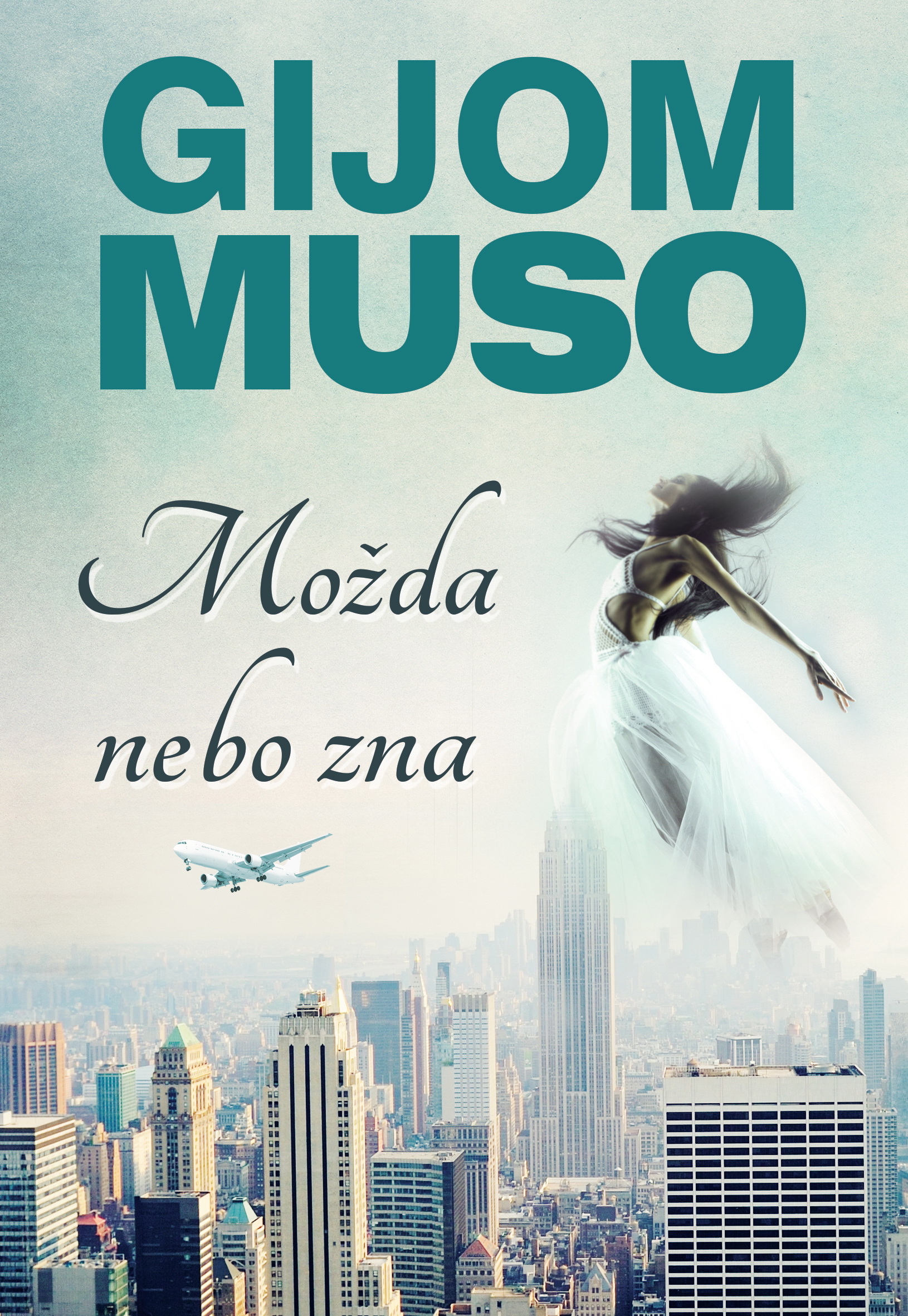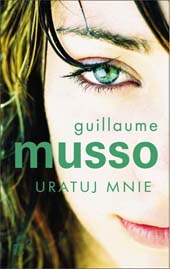The story begins with an encounter in New York which leads to love at first sight between Juliette, a young Frenchwoman who dreams of becoming an actress, and Sam, a doctor, broken by his wife’s suicide.
Afraid of giving in to love, they part ways without declaring their feelings to each other. Juliette gets on a plane bound for Paris, but the flight crashes into the Atlantic leaving no survivors…
Why? I will let the readers enjoy the surprise of discovering the answer in the book. Let’s just say that the novel tackles questions about the part chance and destiny play in our lives. To what extent are we really in control of our lives? Is everything just chance, or are certain events predestined to happen, no matter what we do?
I try to write books that I would want to read. I therefore set myself the task of eternally inventing. I like my stories to be original, I want my readers to live and die with my characters, to laugh and cry along with them, and to feel happier after closing the book than they were before they opened it…
There is nothing worse than a book that bores you. Readers put their faith in us by choosing our book over so many others, and the least we can do as writers is not to disappoint them. This is why I try and pay special attention to the rhythm of my story, to make sure it’s a page-turner, and that once you start reading it, you can’t put it down.
The paranormal often makes its appearance in your characters’ lives…
The paranormal elements in my books are a tool I use as a symbol to evoke what really fascinates me: relationships between people, their emotions, the meaning we give to our lives…
At the start of my novels, the characters are firmly based in reality, until a certain event happens that throws them off balance – an event that can’t be rationally explained away. From then on, there are two possibilities: either it is all happening in their imagination, or it’s really happening. And it is this uncertainty, for readers and the protagonists, that really gives flavor to the story.
As a writer, therefore, I use paranormal elements, and the questions it raises, as an effective dramatic tool, but it shouldn’t be taken as esotericism!
A Mix-Up in Heaven is a powerful and original love story. When Afterwards… came out, you mentioned that your novels would always have a romantic theme…
And I still believe they should! After all, love is what makes life interesting, don’t you think?
In Save Me, there is a three tiered love story:
Firstly, we have love at first sight between Sam and Juliette. Love crashes down on them just as they both decided to put their romance lives on hold.
Then we have Grace and Mark, whose relationship is all about what is left unsaid, and the path of a man who, by waiting too long to say how he feels, lost the woman he loves.
Finally, there is the story of motherly love between a mother and her daughter, who she hasn’t seen in ten years.
How do you construct your stories?
There is no recipe for it! It doesn’t work, and it corrupts the pleasures of writing. Rather than follow a schematic set of rules, I try to tell an “honest” story, one that expresses what I feel at the time.
More often than not, I know I’ve got a topic for my story when an image comes to me again and again. With A Mix-Up in Heaven, it was that of a couple in Manhattan: a man and a woman, facing each other through a snowstorm. All I knew was that a few seconds earlier, they had never met, and that this encounter would change their lives.
And from that one picture in my mind, everything progressively fell into place, with a lot of work. I don’t believe in an all-powerful muse of inspiration: I never wait for it to come before I start to write, it’s through working that I am inspired.
In general, I spend a few months refining the structure of a book. I need to know where I’m going, even if I don’t always know how I’m going to get there.
At the same time, I work a lot on my protagonists, I draw up detailed biographies so I can get to know them well. Even if most of this information doesn’t make it into the book, it is essential for the creation of believable characters.
After all that preparation, I start to write, and if everything goes well, the characters start to take on a life of their own, and divert from the path that I have drawn up for them. That’s how twists and turns come about that I could never have imagined at the start! For a writer, that is the most exciting part: when characters try and escape, and make their own choices!
Your novels have a very visual quality. Your previous novel, Afterwards… received an award as Most Adaptable Novel, and will soon be made into a film. How is the adaptation progressing?
Movies are a great source of inspiration for me, and it seems natural for the construction of my plot to resemble that of certain movies, with a certain visual quality, a clear cut structure, and suspenseful development of the story. For certain sequences, I drew inspiration from TV series such as ER, 24 or Alias.
However, a novel has to remain a literary exercise. In particular, I’m referring to the character development of my protagonists, which is always richer in books than in films.
As to the adaptation of Afterwards… It is progressing nicely. The film rights have been bought by Fidélité, who produced, among others, Podium, and François Ozon’s films.
The script is being finished up as we speak, and filming will begin in winter, in New York, in English, with an international cast.


